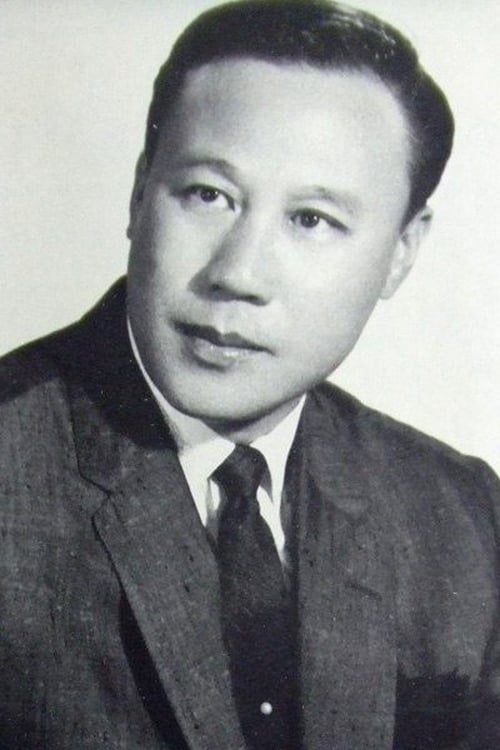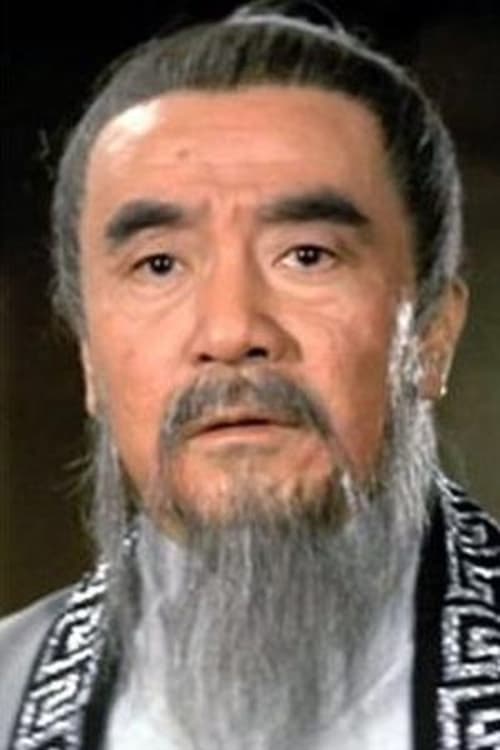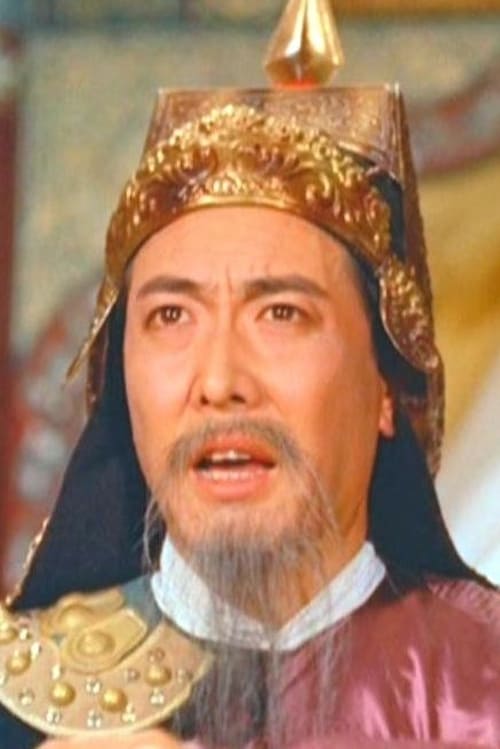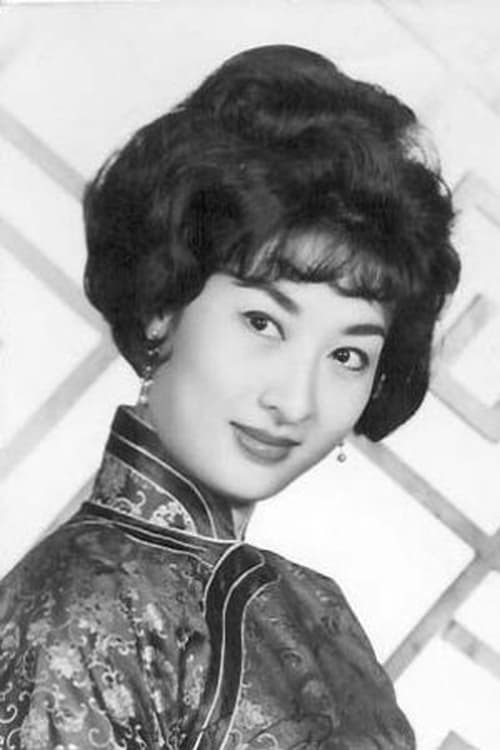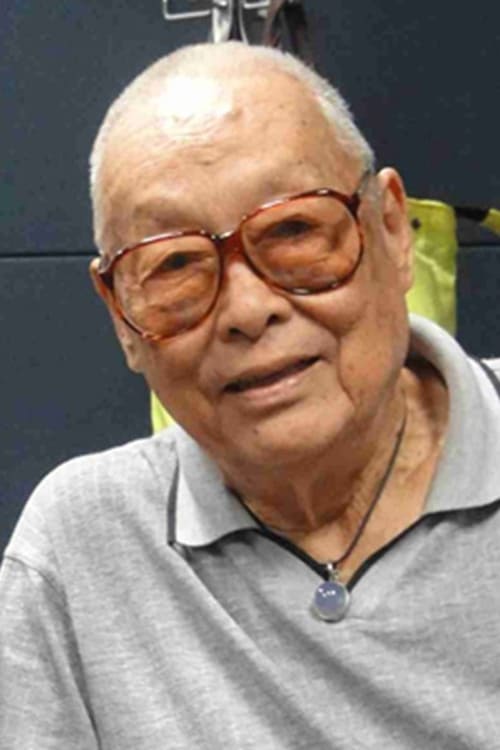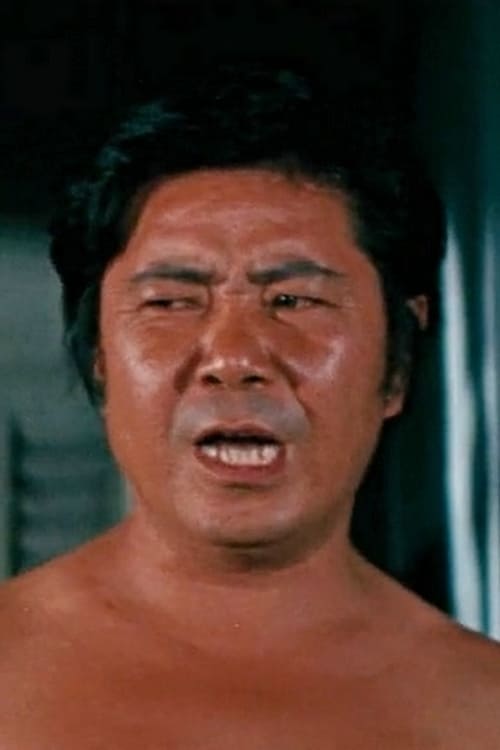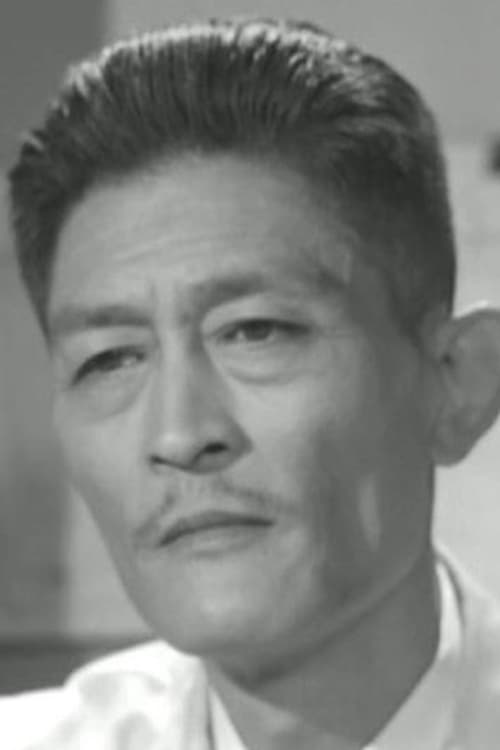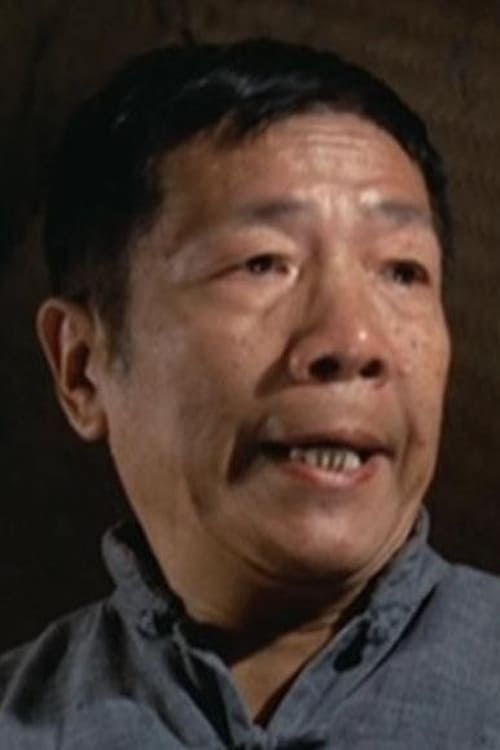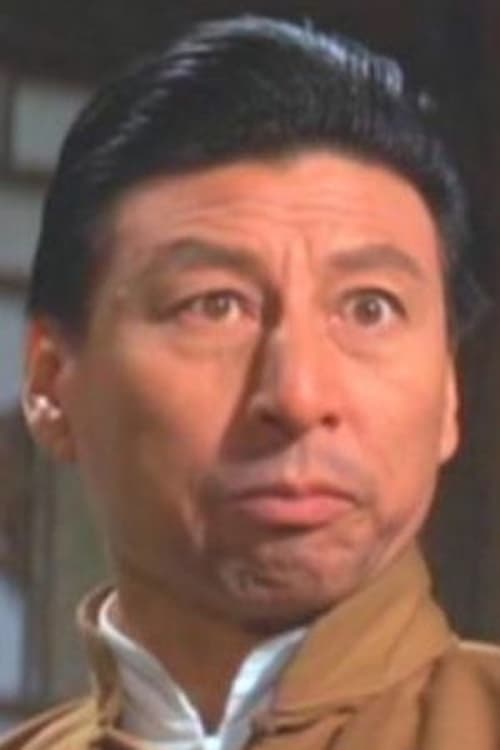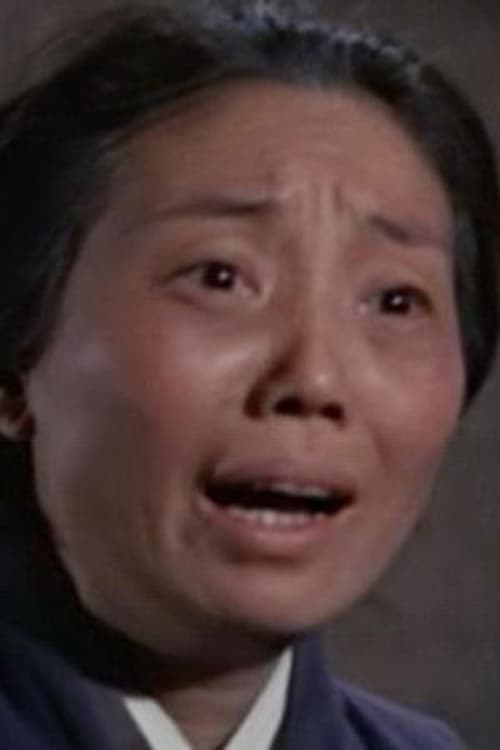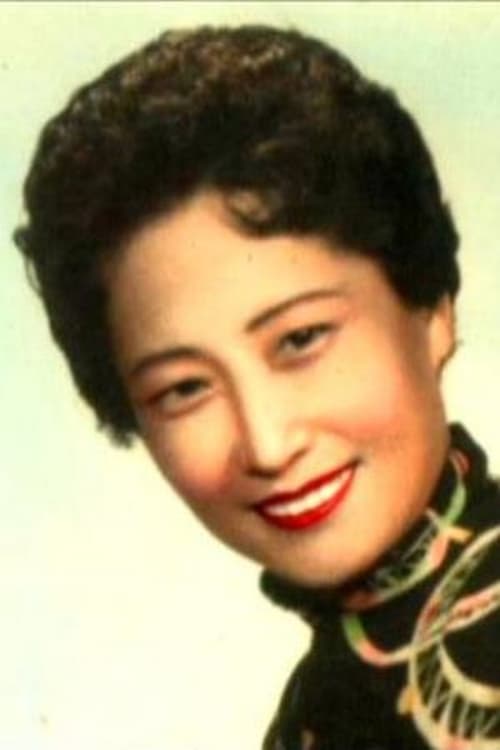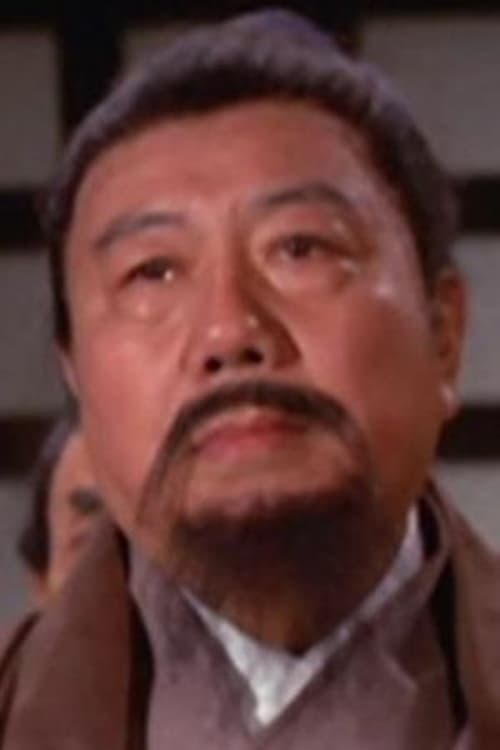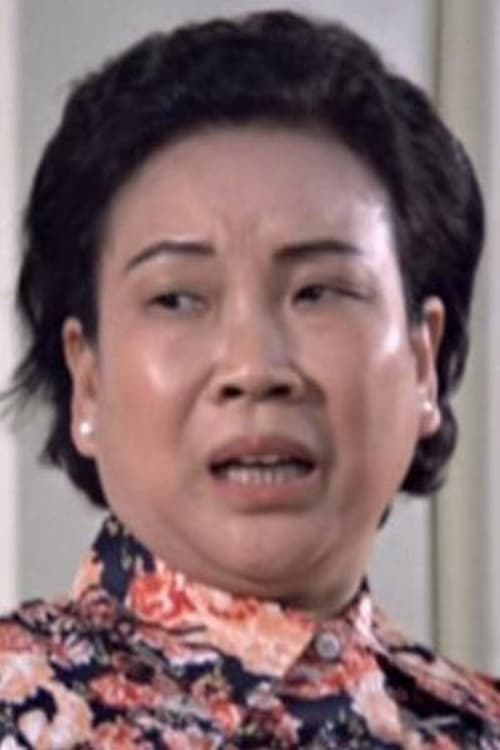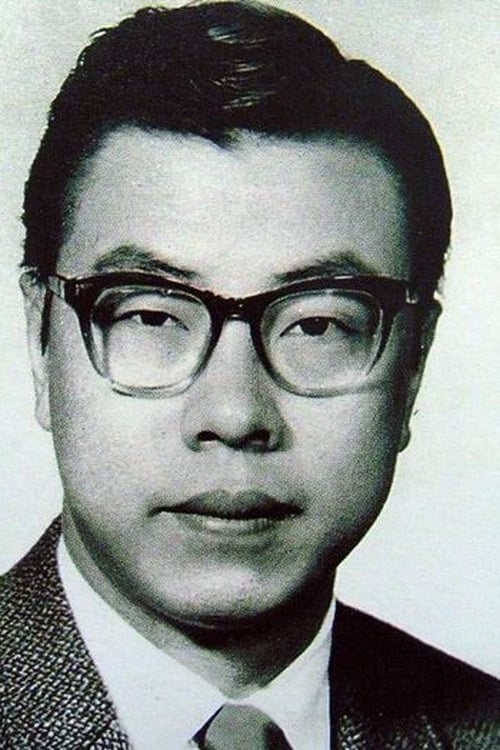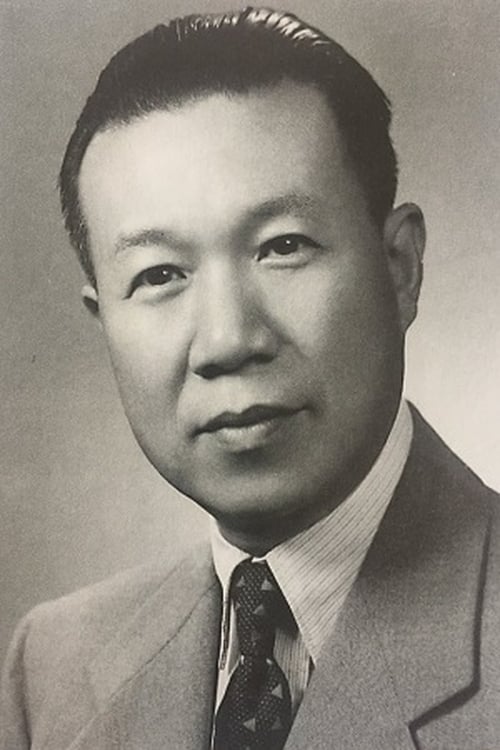La emperatriz Yang Kwei-fei (1962)
Género : Drama, Historia
Tiempo de ejecución : 1H 38M
Director : Li Han-Hsiang
Escritor : Wong Chik-Boh
Sinopsis
Historia basada en la China del siglo VIII. El emperador Hsuan Tsung, viudo hace unos años, se enamora de una plebeya que le recuerda a su mujer.

A young man with an interest in ornithology arrives to study the work of falcons and their human trainers. The head falconer is a cold and heartless man who obstinately demands perfection from everyone around him. His work is his life, and he doesn't care if his girlfriend makes love to other men. The young man observes all he can before leaving behind the potentially inhuman situation for brighter horizons.

Once again, director Yulia Solnsteva directs a movie that her late husband Alexandre Dovchenko scripted but did not live long enough to shoot. In this wartime drama, the emphasis is on the heroics of both the civilians and the soldiers during times of severe stress in World War II. At the core of the action is one man in particular, whose sacrifices and heroics speak for a much larger group.

El australiano Kit Kelly y su nueva esposa Anna están conduciendo a través de Europa cuando ayudan a un motorista que ha tenido un percance en la carretera. Ellos descubren que el motorista es Antonio, el famoso bailarín español. Cuando éste descubre que Anna fue bailarina antes de su matrimonio, la intenta persuadir para que se incorpore a su compañía.

People quietly or campily pass the time in an overgrown garden full of statues, while a puritanical, funereal gentleman posts bills prohibiting all leisure activities.

Documental que nos acerca a la vida de los granjeros de Goutrens, una pequeña localidad francesa. Georges Rouquier, responsable del documental y natural de esta población, realiza un poético retrato de la vida de campo donde se crió, una vida que debe adaptarse al paso de las estaciones y a los cambios climáticos.

A Soviet 1945 film directed by Fridrikh Ermler based on a screenplay by Boris Chirskov. The film was one of the Cannes top prize winners of 1946.
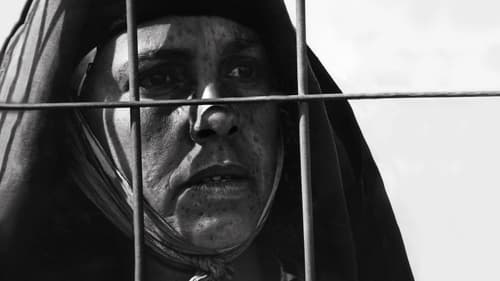
This black-and-white film – the first road movie of Algerian cinema – presents one of the most readily apparent, though subtle, transformations of the daily life of the people of Algeria brought about by the ordeal of French occupation and the war of liberation. With military repression in full force, a peasant woman finds herself alone in her house in the mountains when her only son is taken away by French soldiers soon after her husband is killed in a raid. One day, on seeing a dead chicken, which she considers a bad omen, she decides to leave home, and sets off on a tiring journey through the mountains. With a pair of chickens in tow, she moves from one detention camp to the next in a desperate search for her missing son. The film was inspired by events experienced by the family of its director.
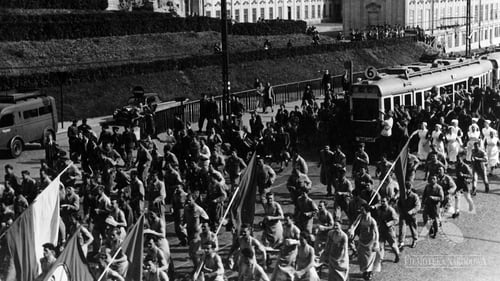
In war-ravaged Warsaw, five juvenile delinquents are given probation for stealing, to rehabilitate themselves, but remain under the influence of their profiteer-boss.

An anthropologist goes to the mountains to study the problems of the indigenous people and finds out that they are being dispossessed of their lands.
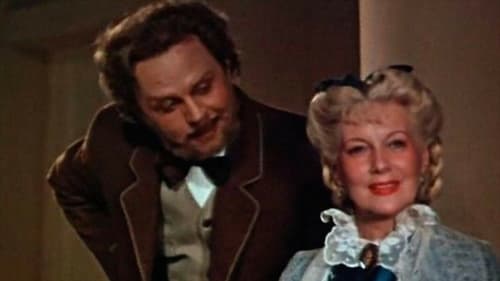
Durante la época en que Mussorgsky vivió en el pueblo, observó cosas que le dejaron una fuerte marca en su alma y que le influiría en su estilo artístico. Su asociación con 'El Grupo de los Cinco', los discursos apasionados del crítico musical Vladimir Stasov, los encuentros con la artista Ilya Repin y su obra 'Boris Godunov', son episodios que revelan el talento excepcional y la fuerte personalidad del compositor ruso.

The story follows Oshino, a geisha who is trying to start a new life with a lover who is a painter. However, her past filled with debts and pimps catches up to her.

Wealthy landlord Sarkar decides to direct all waste into the village to make space for his real estate project. However, the poor villagers agitate against his plan and the protest is led by Balraj.
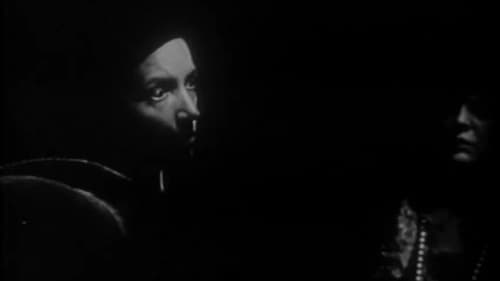
Madame Flora is terrified when she perceives a supernatural presence during one of her fraudulent séances...

Destacable obra folclórica, que se sitúa a caballo entre el documental y la ficción. Se trata de recorrido completo por todos los palos del cante grande y del cante chico andaluz así como de su influencia en el resto de España. (FILMAFFINITY)

This puzzling experimental film is written and directed by Raymond Rouleau, who uses effects like changing color tones and masks to put across a drama within a dance drama. The set is a sound stage and the actors in this film are dancers on the stage, performing a mime-ballet derived from one particular legend. Both the enacted legend and the actual events affecting the dancers are parallel. The lead dancer Isa (Ludmila Tcherina) is still nursing her wounds after her first love left her to stand alone at the altar. Now one of the dancers wants to expand his relationship with Isa -- and soon after, the cad who jilted her suddenly shows up again. Tragedy follows closely behind.
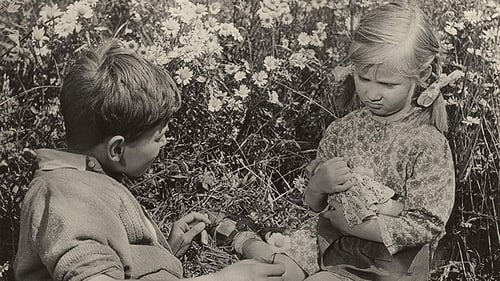
When the planes bombed a Slovene town, a Slovene boy and a German girl set on a journey towards the valley, in which there is no war. On their way a black American pilot, who jumped of a shoot-down plane, joins them. Although American planes have killed the boy's parents, he accepts the pilot with enthusiasm. The children communicate with him in German and the valley of peace seems like the last paradise place of refuge. The Slovene boy, the German girl, and the American pilot represent a symbolic triangle of peace in this adventure happening in the middle of the War of Liberation.
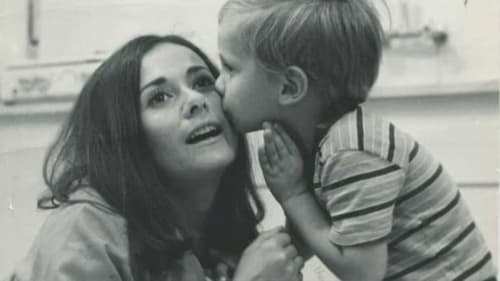
Based on a short story by Abraham B. Jehoshua, the movie follows Eli (Oded Kotler) taking care of an old girlfriend's child for three days. He wants him to get hurt, he worries about him. Will the child survive the three days? Will Eli?

The changing and turbulent history of Hungary is seen through the eyes of three men over a 30-year period in this somber drama. The three recall the highlights of their lives in flashbacks as they reminisce in the mid 1960s. The venerable trio begin their story in the 1930s, through World War II, and the decade beyond the communist invasion of 1956.

Philippe Avron plays a bumbling burglar whose crime career is a textbook case of failure. One evening, Avron comes upon an abandoned nightgown. Upon donning the garment, he feels he has been transformed into an angel. Avron then joins a strange circus, whence he hopes to dispense goodwill to the other misfits of the world. As with the other works of director Albert Lamorisse (The Red Balloon) Lamorisse, it is virtually impossible to determine where reality leaves off and fantasy takes over in Circus Angel, a fact that was instrumental in the film's winning a "Best Special Effects" award at the Cannes Film Festival.

Three directors collaborated on the Italian documentary Continente Perduto. The "lost continent" of the title is Asia, specifically Indonesia, here lovingly photographed in Ferraniacolor by Mario Craveri, Giannni Rafaldi and Franco Bernetti. Highlights include a Cantonese wedding aboard a floating junk, the annual wheat and rice harvest, the animal-sacrifice rites at the rim of a volcano, a ceremonial chariot race, and a bevy of Balinese dancers. Though there's no story to speak of, the film has the rhythm and pace of a "continuity" picture. Continente Perduto was the winner of a Special Jury Prize at the Cannes Film Festival.


